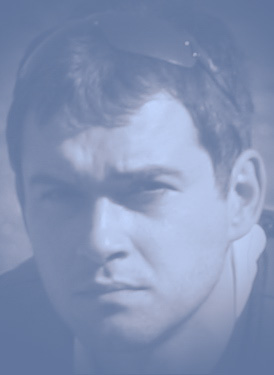
Author's Biography
Carl Gustav Jung (SUI)* 26.07.1875† 06.06.1961 (85 years old) Carl Gustav Jung (/jʊŋ/; Swiss German: [ˈkarl ˈɡʊstaf jʊŋ]; 26 July 1875 – 6 June 1961) was Swiss psychiatrist and psychoanalyst who founded analytical psychology. His work has been influential not only in psychiatry but also in anthropology, archaeology, literature, philosophy, and religious studies. As a notable research scientist based at the famous Burghölzli hospital, under Eugen Bleuler, he came to the attention of the Viennese founder of psychoanalysis, Sigmund Freud. The two men conducted a lengthy correspondence and collaborated on an initially joint vision of human psychology. Freud saw in the younger man, the potential heir he had been seeking to carry on his "new science" of psychoanalysis. Jung's researches and personal vision, however, made it impossible for him to bend to his older colleague's doctrine and a breach became inevitable. This break was to have historic as well as painful personal repercussions that have lasted to this day. Jung was also an artist, craftsman and builder as well as a prolific writer. Many of his works were not published until after his death and some are still awaiting publication. Among the central concepts of analytical psychology is individuation—the lifelong psychological process of differentiation of the self out of each individual's conscious and unconscious elements. Jung considered it to be the main task of human development. He created some of the best known psychological concepts, including synchronicity, archetypal phenomena, the collective unconscious, the psychological complex, and extraversion and introversion. |
